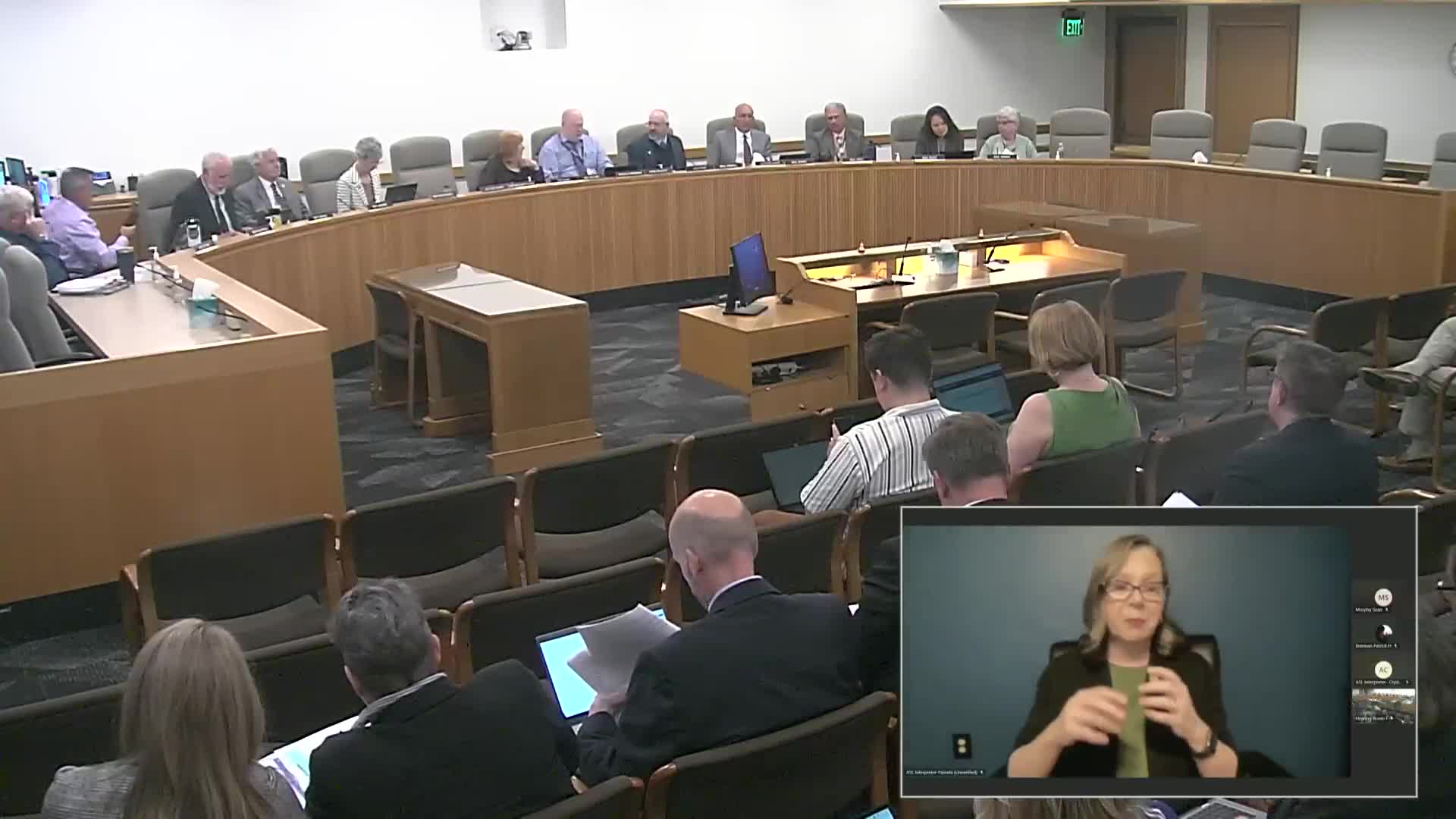ODOT Director Strickler addresses Oregon transportation funding challenges and project accountability
June 17, 2025 | Legislative, Oregon
This article was created by AI summarizing key points discussed. AI makes mistakes, so for full details and context, please refer to the video of the full meeting. Please report any errors so we can fix them. Report an error »

The Oregon Department of Transportation (ODOT) is poised to address significant funding challenges following a recent meeting of the Joint Committee on Transportation Reinvestment. Director Chris Strickler highlighted the agency's ongoing struggle with a substantial transportation funding deficit, which has led to voluntary budget cuts totaling $171 million over the past three biennia. This situation has prompted ODOT to seek increased operational funding, with a recent legislative session adding $39 million to support these efforts.
Strickler emphasized the importance of accountability and transparency in managing transportation projects, noting that ODOT is committed to improving its reporting and cash flow projections. The agency has undertaken a third-party review to enhance its operational practices and is focused on establishing a major projects group, contingent on future funding.
The meeting also addressed House Bill 2025, which proposes an annual investment of $125 million starting in 2026 for key projects, including the Rose Quarter and Abernathy. Strickler clarified that while these projects are a priority, funding for additional projects will depend on available resources and may involve long-term bonding.
In terms of community impact, Strickler reported that ODOT has been actively involved in maintenance and emergency response efforts, including cleanup operations following recent wildfires. The agency has also been working to improve its customer service, with the DMV serving over 2 million customers annually.
As the committee continues to evaluate the implications of House Bill 2025, the focus remains on ensuring that Oregon's transportation infrastructure can meet the needs of its residents while navigating the complexities of funding and project management. The discussions from this meeting underscore the critical nature of transportation funding and the ongoing efforts to enhance accountability and service delivery across the state.
Strickler emphasized the importance of accountability and transparency in managing transportation projects, noting that ODOT is committed to improving its reporting and cash flow projections. The agency has undertaken a third-party review to enhance its operational practices and is focused on establishing a major projects group, contingent on future funding.
The meeting also addressed House Bill 2025, which proposes an annual investment of $125 million starting in 2026 for key projects, including the Rose Quarter and Abernathy. Strickler clarified that while these projects are a priority, funding for additional projects will depend on available resources and may involve long-term bonding.
In terms of community impact, Strickler reported that ODOT has been actively involved in maintenance and emergency response efforts, including cleanup operations following recent wildfires. The agency has also been working to improve its customer service, with the DMV serving over 2 million customers annually.
As the committee continues to evaluate the implications of House Bill 2025, the focus remains on ensuring that Oregon's transportation infrastructure can meet the needs of its residents while navigating the complexities of funding and project management. The discussions from this meeting underscore the critical nature of transportation funding and the ongoing efforts to enhance accountability and service delivery across the state.
View full meeting
This article is based on a recent meeting—watch the full video and explore the complete transcript for deeper insights into the discussion.
View full meeting
